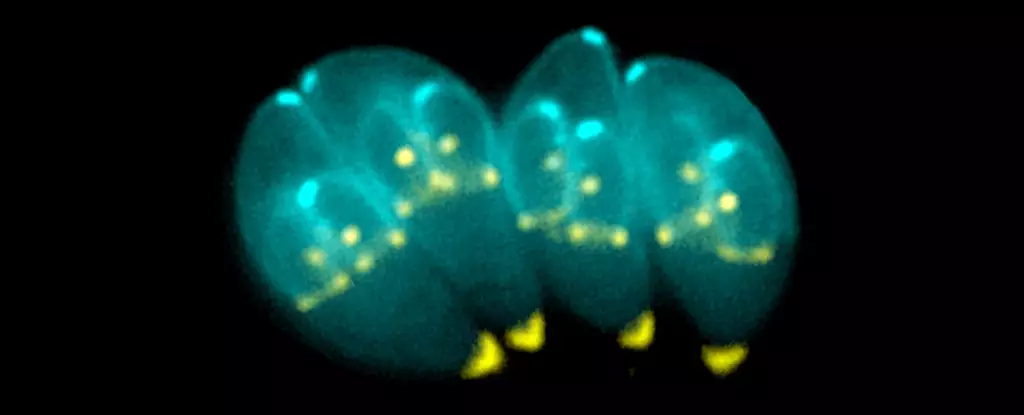The shock of discovering that your newborn baby has a swollen brain, blindness, and debilitating seizures is an unimaginable nightmare for any parent. However, what is even more concerning is the fact that these devastating conditions could have been easily prevented with a simple test for the common parasite Toxoplasma gondii.
Toxoplasma can be picked up anywhere an infected cat has defecated, such as the litter box, sandbox, garden, or yard. Other routes of infection include consumption of contaminated water, undercooked meat, or shellfish. Due to its widespread nature, over 40 million American adults are infected with the parasite, highlighting how easy it is to catch. The infection usually remains asymptomatic, making it difficult for mothers of infected babies to pinpoint when or how they became infected.
Research has shown that prompt administration of anti-parasitic drugs to pregnant individuals who develop toxoplasmosis can protect the fetus from severe outcomes and reduce transmission rates. Countries like France and Austria have been successfully testing and treating toxoplasmosis during pregnancy for decades, resulting in significantly lower rates of congenital toxoplasmosis compared to the US.
Despite the potential severity of congenital toxoplasmosis, the US does not include Toxoplasma testing in prenatal screening. This lack of monitoring leads to underestimation of the incidence of the infection and prevents researchers from understanding the full scope of the problem. The absence of national surveillance data on toxoplasmosis in the US limits our ability to evaluate the prevalence of miscarriages and the number of children affected by the infection.
Researchers have warned that Toxoplasma prevalence may increase with the popularity of free-range, organically raised foods and climate change. Free-range animals are more susceptible to picking up infectious Toxoplasma oocysts from outdoor environments contaminated with cat feces. Climate change, with its warmer temperatures and more intense storms, promotes oocyst persistence and dissemination, potentially exacerbating the severity of congenital toxoplasmosis infections in the US.
Congenital toxoplasmosis not only carries a steep physical and emotional cost but also poses an economic burden to society. By implementing prenatal screening and treatment protocols similar to those in France, the US could save billions of dollars annually. With the development of new, cost-effective testing technologies like a finger-prick test that detects Toxoplasma within 30 minutes, concerns about testing costs are being addressed.
Without systematic prenatal testing for congenital toxoplasmosis in the US, pregnant individuals are left vulnerable to the silent threat of Toxoplasma. Awareness of the risk factors and proactive measures such as avoiding cleaning the litter box, washing fruits and vegetables before consumption, and cooking meat products thoroughly are essential steps for pregnant women to protect themselves and their unborn babies.
The hidden danger of Toxoplasma poses a significant risk to pregnant women and their unborn children. By prioritizing prenatal screening, implementing effective treatment protocols, and raising awareness about the transmission and prevention of Toxoplasma, we can prevent the devastating consequences of congenital toxoplasmosis and ensure the health and well-being of future generations.



Leave a Reply